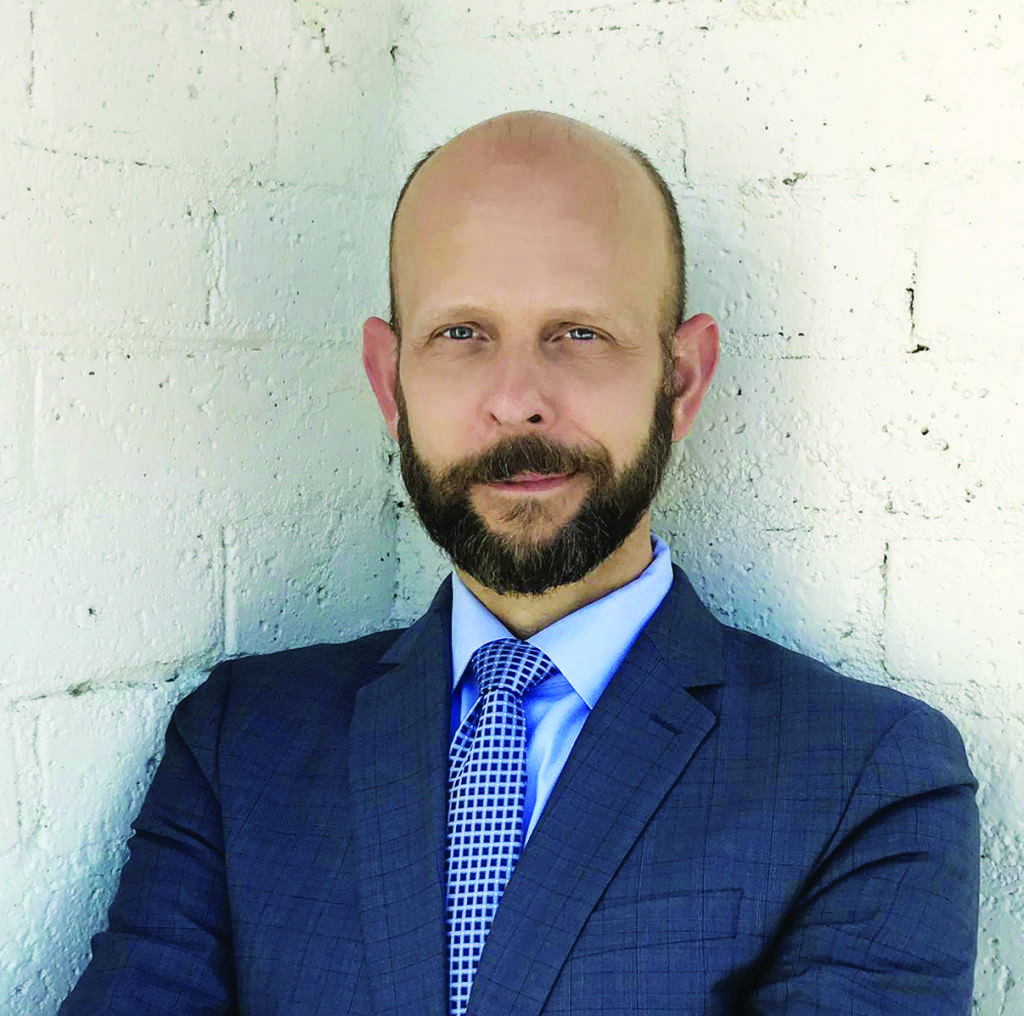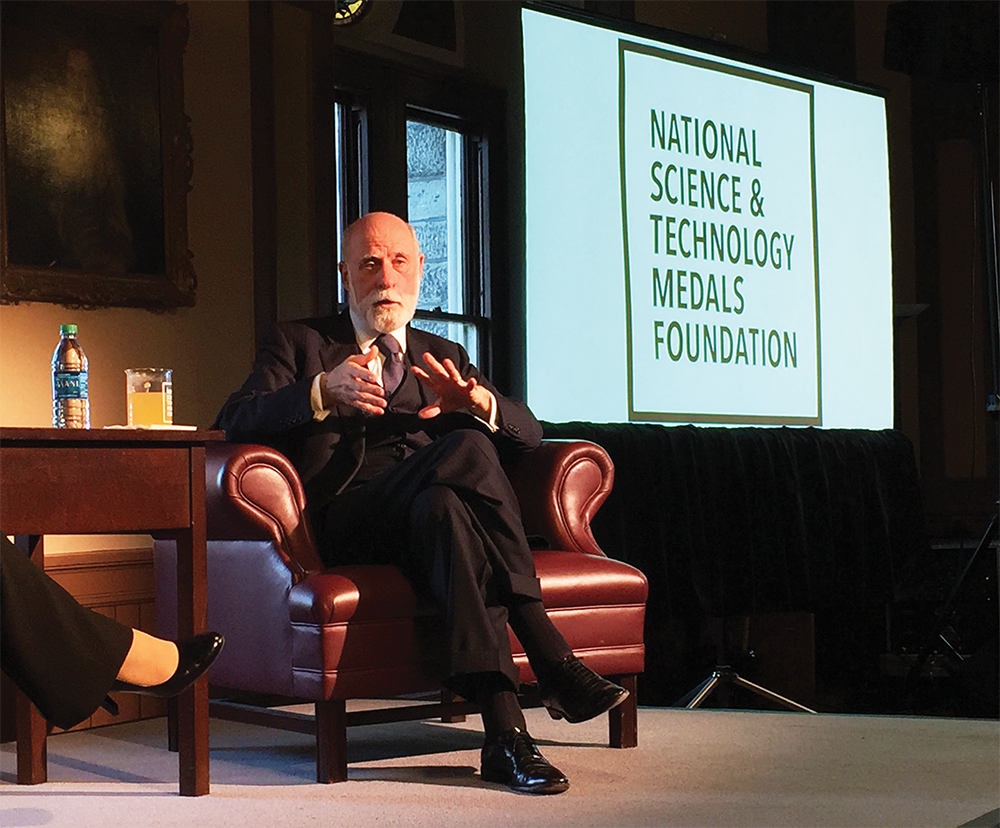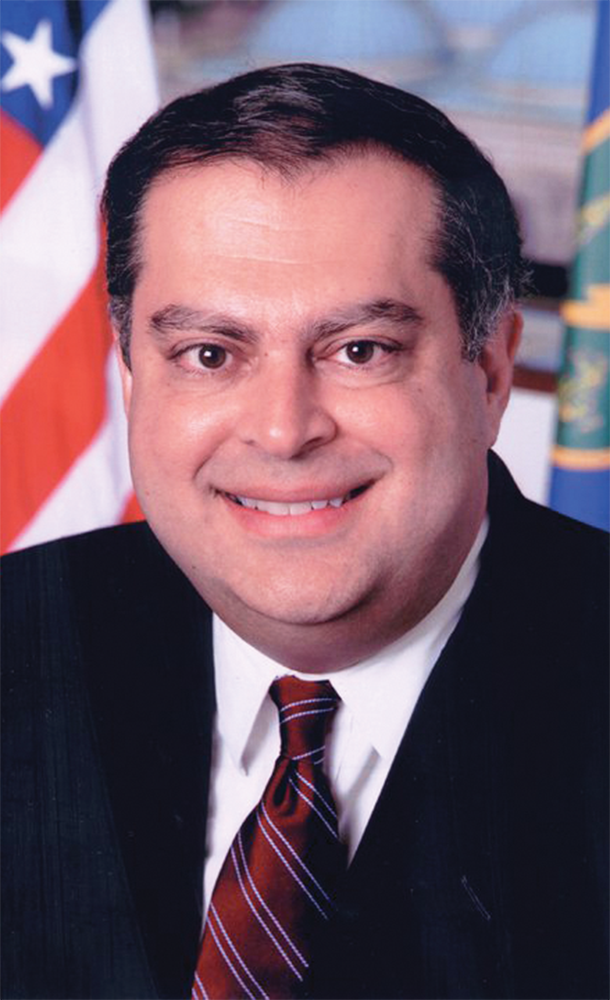The competitive college debate world loves debating whether or not the United States should legalize all drugs. As radical as this concept sounds, it is a favorite among debate teams because not only is it possible to effectively argue for the legalization of all drugs, but it might even be easier to advocate blanket drug legalization than oppose it.
While Americans may not be quite so open to a complete reversal of drug laws, the international community seems to be creeping in that direction. On Nov. 2, Ireland vowed to join a number of other countries, including Australia and Switzerland, in implementing government-sponsored “injection centers” to administer heroin to addicts in a safe, controlled environment.
The goal, perhaps counterintuitively, is to fight addiction. If it works — which Irish officials seem to think it will — this type of policy could lead to direct and indirect economic changes on a global scale. Aodhán Ó Ríordáin, the chief of Ireland’s National Drugs Strategy is heading the injection center initiative.
Even more ambitiously, he has also remarked that Ireland is moving in the direction of decriminalizing small amounts of other drugs including marijuana and cocaine. But decriminalization is not the same as complete legalization. Selling drugs would remain punishable but consuming them would not.
The logic behind Ríordáin’s policies is to reduce the stigma of drug use and addiction while encouraging troubled individuals to seek help. The implications of such a policy are impossible to predict with certainty, but the move aligns with a mentality many world leaders have endorsed. Not only have a number of other world powers, including Spain, adopted similar injection room and decriminalization measures, but a recently leaked report from the United Nations indicates the international organization plans to call for the worldwide decriminalization of all drugs as well.
That said, outlawing the sale but not the consumption of a particular good, for which the sale does not even occur in a formal market, will probably have some interesting economic effects. Assuming the policy works and addiction decreases, the sale of drugs will still exist as it does now because the penalties for distribution are not changing. On the other hand, absent of addiction, demand for drugs will presumably decrease, which, in turn, should reduce both price and amount consumed.
On a broader scale, Irish healthcare costs, a large burden of which taxpayers bear, will likely increase and then decrease later. If Ríordáin’s policies successfully reduce the stigma of addiction and encourage users to get help, initial hospital costs will likely increase in order to treat these individuals.
Hopefully, as overall drug use gets safer, fewer people will need to be hospitalized and the overall costs of Ireland’s semipublic health care system will decrease. Furthermore, the government will need to employ fewer police officers to enforce the demand side of drug use, which should also decrease the long-term tax burden of the population. This reduction in waste could be used to decrease taxes or to fund rehabilitation for former addicts, both of which would benefit society as a whole.
If injection centers and decriminalization continue to function well in individual countries, other nations will adopt similar measures, one by one. This is the best possible scenario because a healthier worldwide population will boost international production per worker, in addition to the obviously positive humanitarian implications.
That said, all of the preceding assertions assume these programs will succeed, but such an outcome is not guaranteed. Just because this method has worked so far does not mean it will continue to do so in every setting. Maybe in a particular type of setting like a country or region, people will take advantage of relaxed laws to abuse drugs more.
But the only way to test this method is to try it. So, while individual nations should continue prudently, the move toward looser drug laws will likely do more good than harm for the world economy and society at large.
Gracie Hochberg is a sophomore in the College. By The Numbers appears every Friday.














msb'12 • Nov 19, 2015 at 7:08 pm
“let’s legalize drugs and hopes use goes down” – does this strike anyone else as a ridiculous thing to experiment on